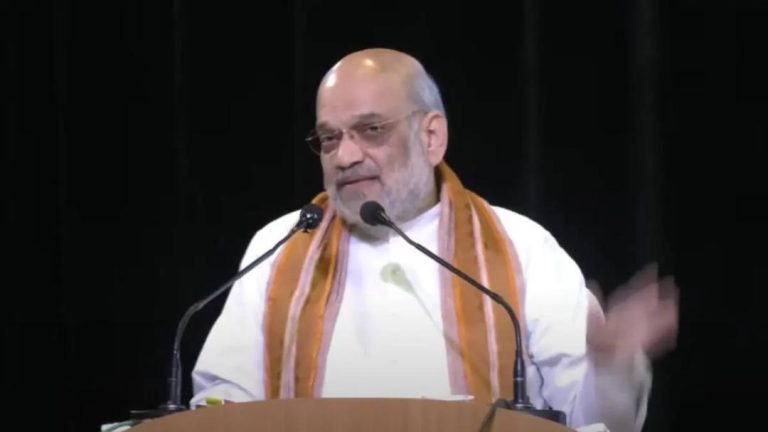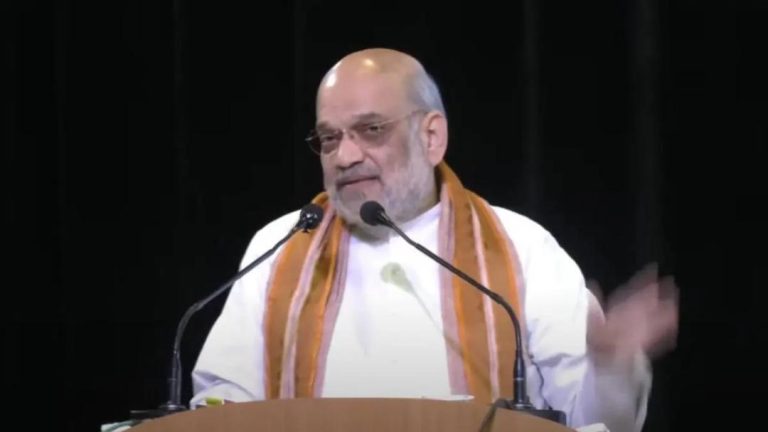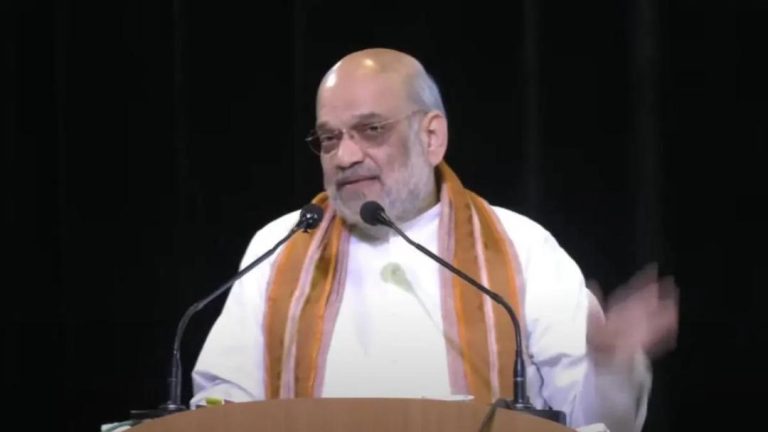
India to not join any global response against US tariffs: Report
The ongoing trade tensions between India and the United States have taken a new turn, with India reportedly deciding not to join any coordinated global response or retaliation against the latest reciprocal tariffs imposed by US President Donald Trump. According to a report by NDTV Profit, citing government officials, India will opt for dialogue and strategic trade realignment over immediate retaliation.
The US has imposed a 26% tariff on imports from India, which has sparked concerns about the potential impact on India’s economy, particularly in the context of the ongoing slowdown. The tariffs, which came into effect on August 5, are part of a broader package of trade measures aimed at reducing the US trade deficit.
India, which had been trying to negotiate a bilateral trade deal with the US, has been bracing for the impact of the tariffs. The country had previously imposed retaliatory tariffs on a range of US goods, including almonds, apples, and walnuts, in response to earlier US tariffs on Indian goods such as steel and aluminum.
However, according to the NDTV Profit report, India has decided to take a more nuanced approach this time around. Instead of joining a coordinated global response or retaliating immediately, the government is opting for a more measured approach that focuses on dialogue and strategic trade realignment.
This decision is seen as a significant shift in India’s approach to trade negotiations, particularly in the context of the ongoing tensions with the US. In the past, India has been vocal about its concerns over US trade policies, and had even threatened to impose retaliatory tariffs in response to earlier US tariffs.
However, the current government appears to be taking a more pragmatic approach, recognizing that immediate retaliation may not be the most effective way to address the issue. Instead, India is looking to engage in dialogue with the US to resolve the trade disputes and find a mutually beneficial solution.
The timing of India’s decision is significant, as the US is currently in the midst of a presidential election campaign. The tariffs imposed by the US are seen as a key election issue, with President Trump using them as a campaign tool to appeal to his base.
India’s decision not to join a coordinated global response may also be seen as a recognition of the limitations of such approaches. In the past, global responses to US tariffs have often been ineffective, as the US has been able to use its economic and political leverage to pressure other countries into backing down.
Instead, India is opting for a more bilateral approach, focusing on dialogue and negotiation with the US to resolve the trade disputes. This approach may be more challenging, but it also offers the possibility of a more lasting and mutually beneficial solution.
The implications of India’s decision are significant, particularly for the country’s economy. The tariffs imposed by the US are expected to have a significant impact on India’s exports, particularly in the context of the ongoing slowdown.
However, the Indian government is hoping that the country’s strong macroeconomic fundamentals will help to mitigate the impact of the tariffs. The government has also been working to diversify India’s exports, particularly in the context of the ongoing trade tensions with the US.
In conclusion, India’s decision not to join a coordinated global response or retaliate immediately against the latest US tariffs is a significant shift in the country’s approach to trade negotiations. Instead of taking a confrontational approach, India is opting for dialogue and strategic trade realignment, recognizing that a more nuanced approach may be more effective in the long run.
As the trade tensions between India and the US continue to evolve, it will be important to monitor the impact of the tariffs on India’s economy, as well as the effectiveness of the country’s approach to resolving the trade disputes. One thing is clear, however: India’s decision to prioritize dialogue and strategic trade realignment over immediate retaliation is a significant development that will have far-reaching implications for the country’s economy and its relations with the US.
Source:
https://www.ndtvprofit.com/amp/economy-finance/us-tariffs-india-to-not-join-any-unified-response






